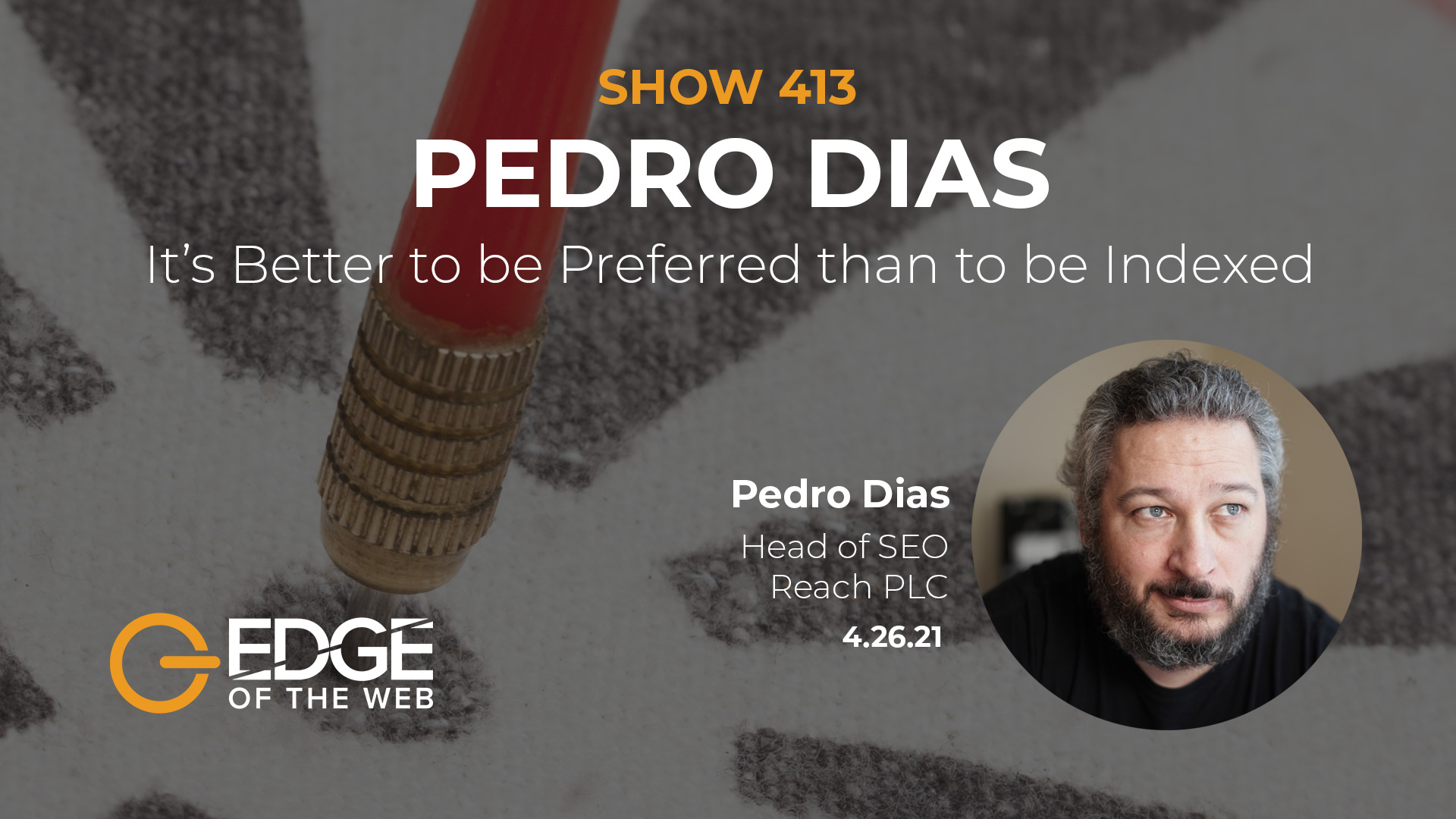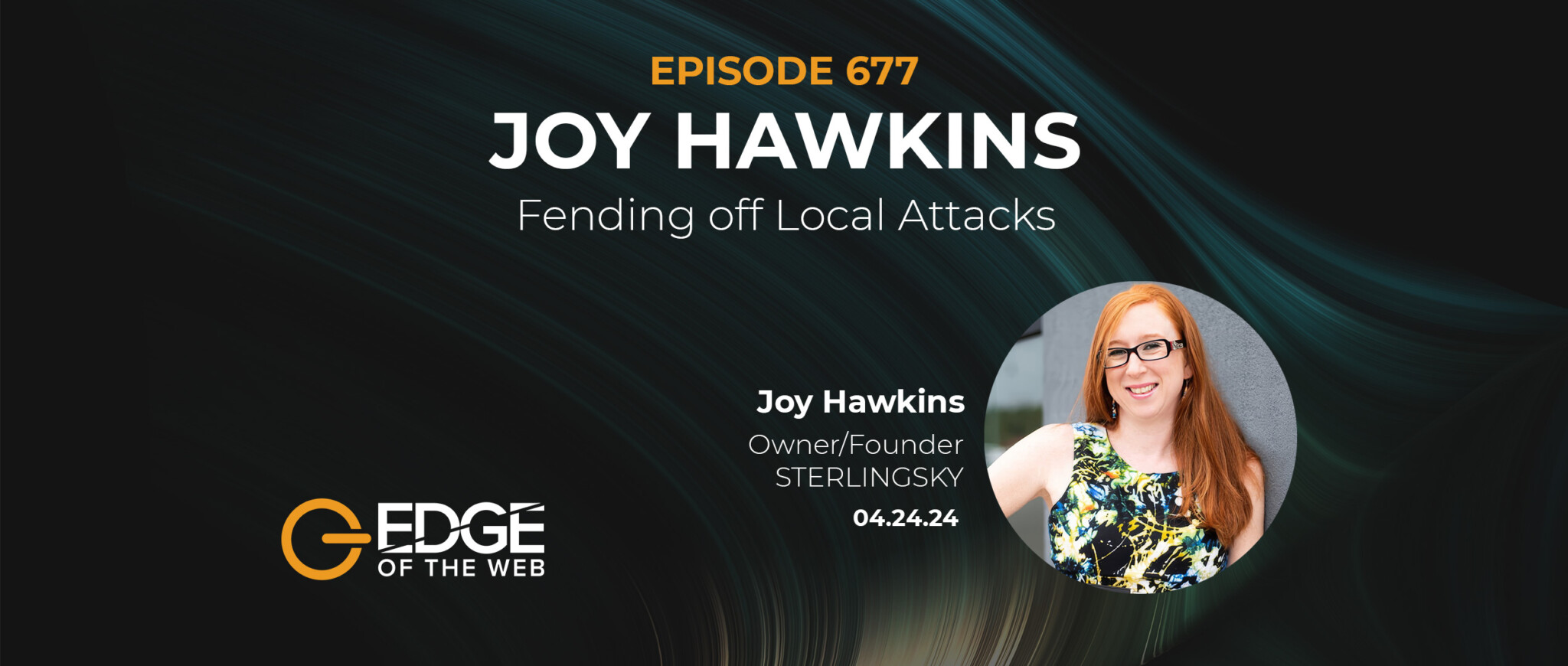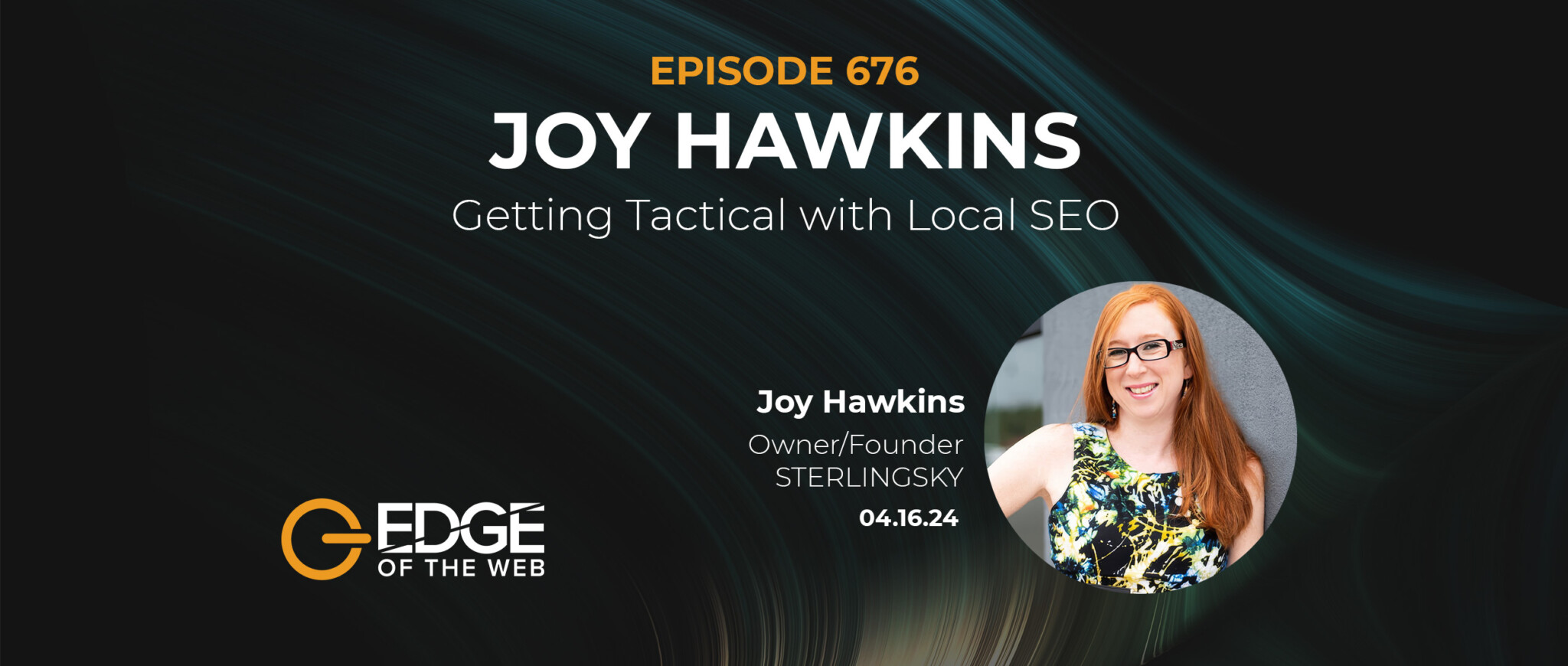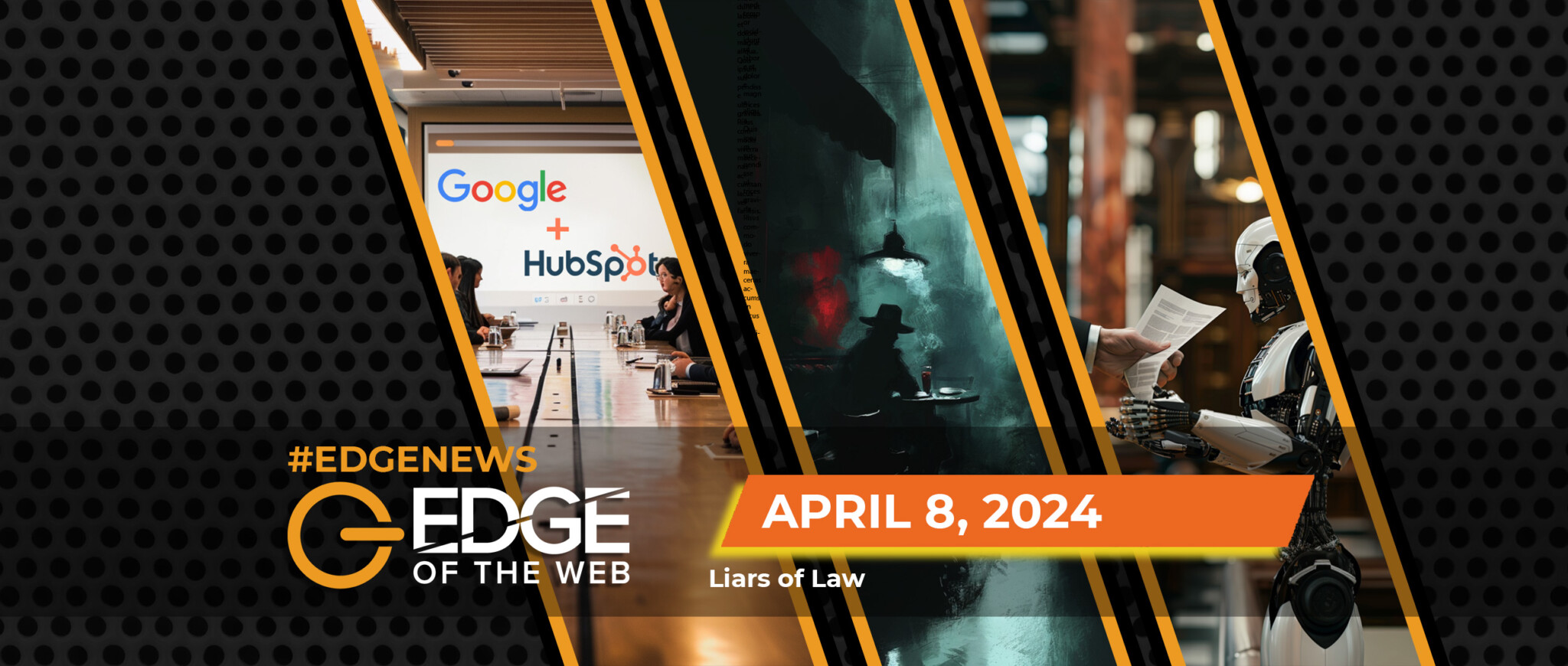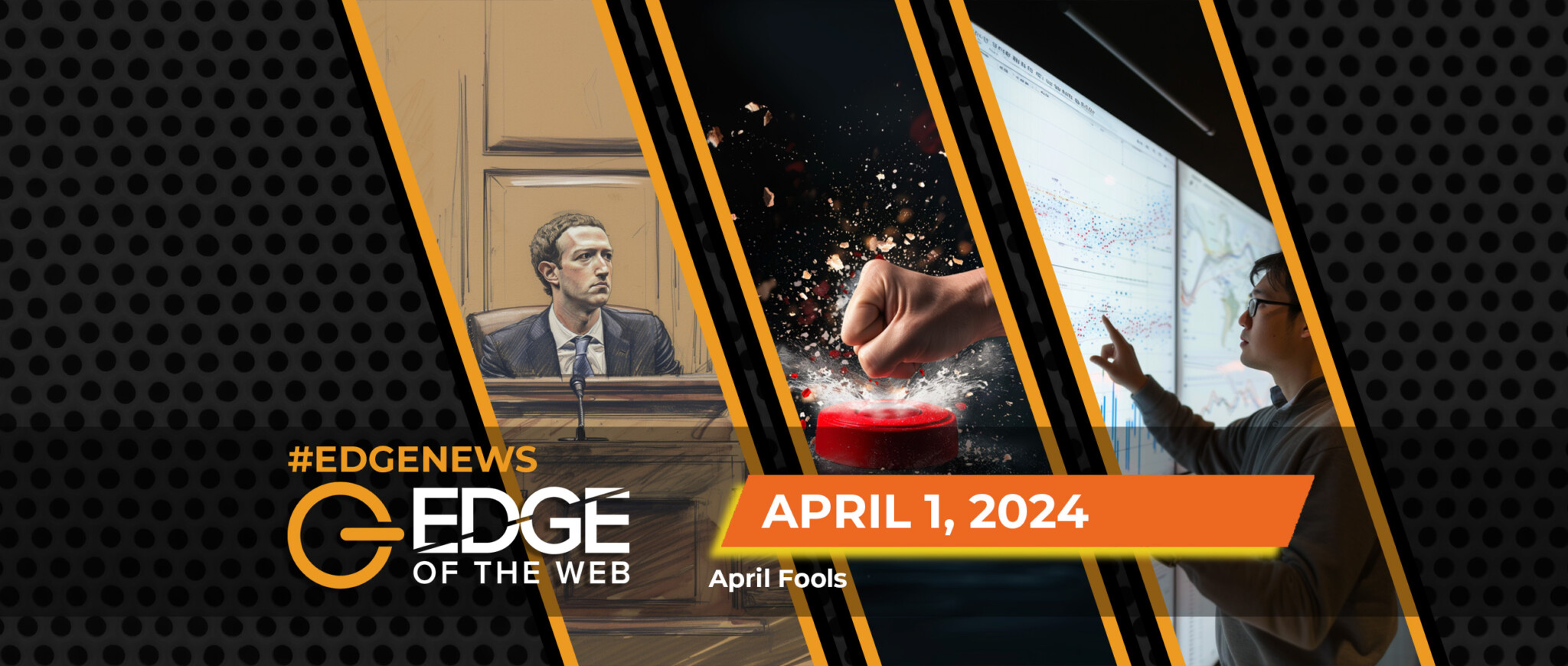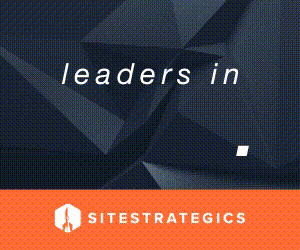For episode 413 of the award-winning EDGE of the Web podcast we spoke with Pedro Dias, Head of SEO at Reach PLC. Host Erin Sparks spoke with Dias about his time at Google fighting spam, being language agnostic, and how Google is easily disrupting media consumption without producing any of their own content. Here’s what we learned:
Google Wants To Organize The World’s Information
[00:07:14]
Google wants to organize all of the information in the world, acting as a personal assistant for its users. The vision is large, going far beyond the Internet itself and entering into the real, tangible, physical world.
In order to achieve that vision, Google must acquire the knowledge and become every vertical slice of information; most notably in flights, review, hotels, etc.
“If you are a search engine or a website that focuses on bringing relevant information about just one slice,” Dias explained, “you are in for being rolled over by Google at some point.”
At this moment in time, we’re in the Utilitarian Era of Google. People don’t go to Google for the best website on their search topic as much anymore; they visit for the usefulness in the presentation of the information they seek.
Businesses Need To Do Something That Google Cannot
[00:13:39]
When thinking about the things Google can’t achieve, it comes back to customization and tailoring. Google can serve up information in unique ways, but Dias recommends that businesses work to hold their value proposition or differentiator back, rather than give it away for free.
“For example,” Dias elaborated, “if you have house marketing trends that you’ve been collecting over a period of time; a real estate portal. You want to keep this information closed and have someone pay to access it.”
But the challenge is that that process is antithetical to many strategies; holding back information from consumers during the age of free information.
Dias gave another example, “News is becoming somewhat of a commodity nowadays. The same news, if it’s not present in one newspaper, it’s present in another. What would your users miss from your newspaper that they would not find anywhere else, if your site disappeared today?”
“Publishers have a really hard time answering this question,” Dias said, “They don’t really have anything that differentiates them from the rest of the newspapers.”
The Philosophical Challenges Of Being Both The Vehicle And The Destination
[00:21:25]
There’s a philosophical perspective to keep in mind when talking about Google: if Google is deeming references as trustworthy and serving it up to the consumer, they’re in a position of choosing correct and incorrect information.
“They usually cut around that by saying ‘Oh, we just like present information that’s on the Internet. And it’s nothing that we create’,” Dias explained, “Sure. But you are choosing it for me.”
On top of this, Google is a business. They’re not a public entity. So the content being seen favors the proverbial hat Google has in the ring at that time. It’s a messy idea to play around with. And, in the Utilitarian Age, Google is increasingly placing a wall, in search UI, between the content creators and information seekers.







